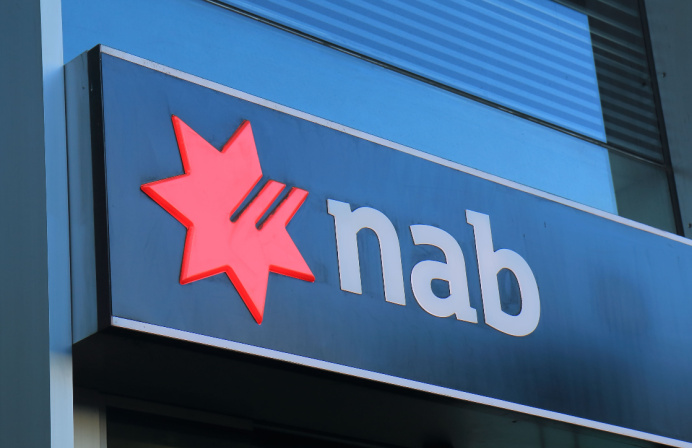
Xinja has moved a significant step closer to formally joining Australia’s banking fraternity, with APRA granting the digital-only fintech a restricted banking licence.
Among the most prominent members of Australia’s emerging ‘neobank’ sector, Xinja becomes only the second organisation to secure a restricted authorised deposit-taking institution licence (RADI), allowing it to deliver a range of banking services to its customers – today numbering upwards of 22,000.
A RADI permits licenced companies “to conduct a limited range of business activities for two years while they build their capabilities and resources,” the regulator states.
RADIs work against a ticking clock of just two years, requiring them to meet APRA’s strict benchmark criteria for a full banking licence. Over this restriction period, “[RADIs] are expected to seek investment, and build resources and capabilities, in order to meet APRA’s full prudential framework and commence full-scale banking business. If a licensee is unable to meet these standards within the two-year licence period, it must exit the industry.”
With the restricted ADI, Xinja is permitted to hold up to $2 million in deposits of less than $250,000 each. APRA also imposes strict rules around Xinja’s tier one capital, assets and liabilities, and the assets it holds on its balance sheet.
Xinja co-founder and chief executive Eric Wilson said the RADI “brings us one step closer to fulfilling our purpose, which is to help people make more out of their money.”
“We are very proud that Xinja’s owners include not only local and overseas professional investors but our staff and thousands of cardholders who have invested, as part of our equity crowdfunding, and want to join with us to revolutionise banking,” Wilson said.
According to Xinja Chair Lindley Edward, “old-style banking is about to face serious challenges” with Xinja primed to establish relationships with Australians disengaged from the traditional banking sector.
“Xinja will bring greater competition to the market, which has been stagnant for too long when it comes to looking after the interests of ordinary Australians. We have built Xinja from the ground up, which means we have listened to people who want to bank with us and used their feedback to help us build a better bank.”
In February this year, Xinja secured an Australian Credit Licence, allowing the start-up to offer home loans to the public. In November, working in partnership with SAP, it announced it had successfully implemented its core banking system “in record time”.
Considered Australia’s first crowdfunded bank, Xinja has so far raised over $A17 million in Series A and Series B capital raisings, including $2.7 million from 1,200 retail investors in “Australia’s first and most successful equity crowdfund,” it said.
The newly minted bank is expected to launch a second equity crowdfunding in January 2019.





